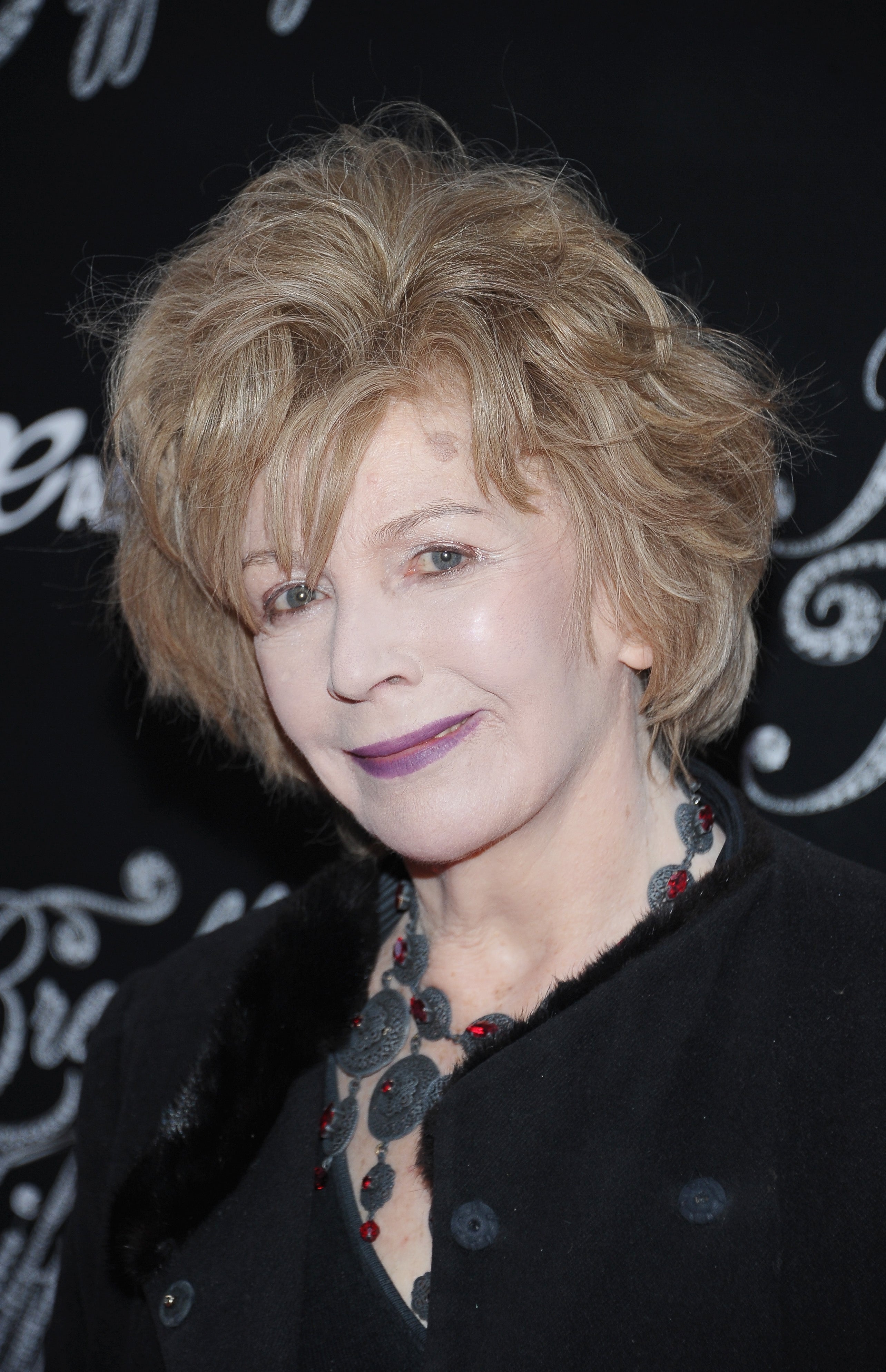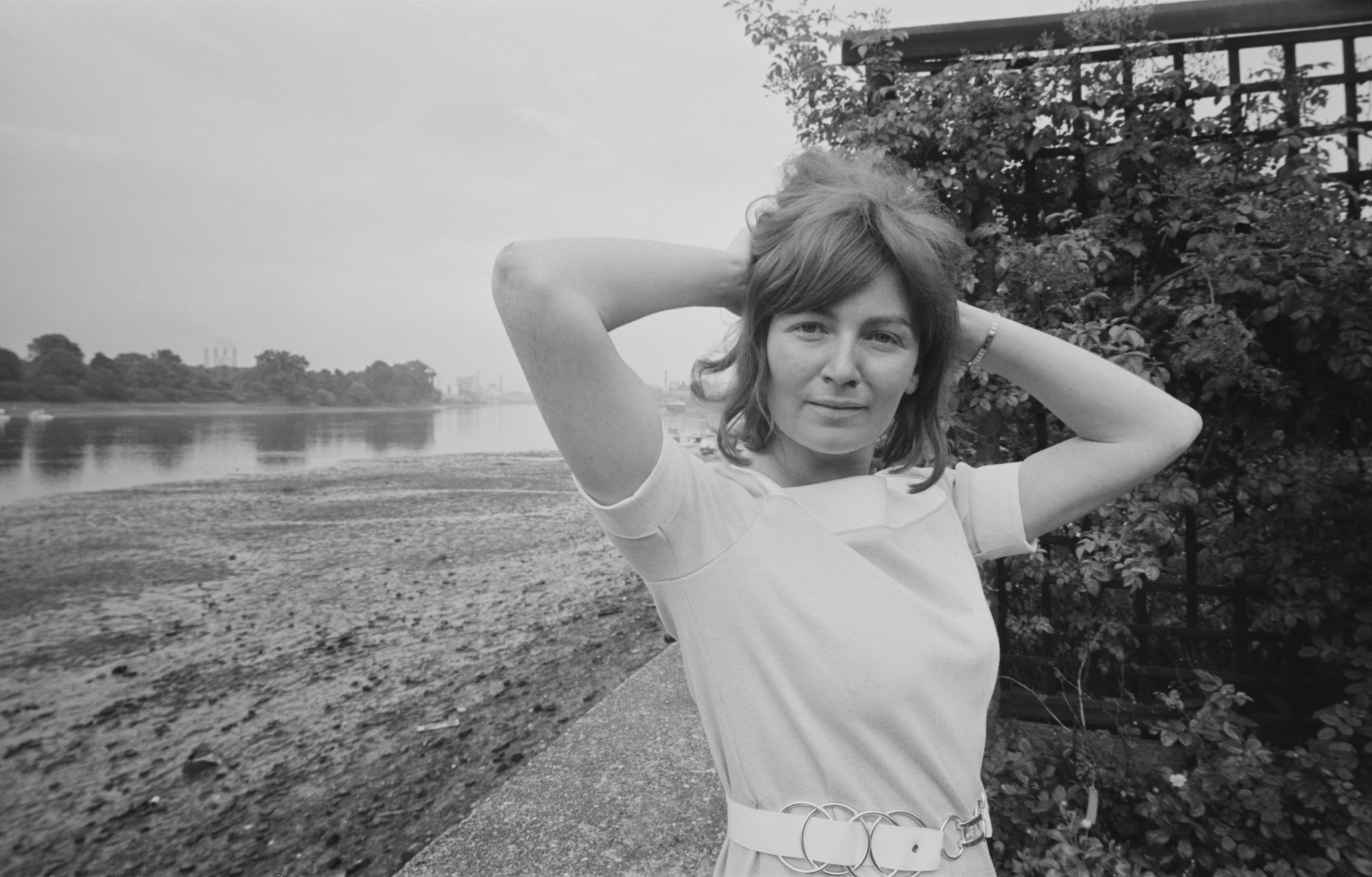By the time I learn Edna O’Brien’s debut novel The Nation Women for the primary time, I used to be in my early twenties and it was not so stunning. When it was printed in 1960, it was banned in Eire, however not earlier than a priest in Limerick had burned copies after the rosary. The English novelist LP Hartley deemed its protagonists, the teenage Cait and Baba, a pair of “nymphomaniacs”.
Forty years on, Intercourse and the Metropolis was on TV, so a novel depicting the chaste lives of a few schoolgirls wasn’t notably scandalous. Nonetheless, although, The Nation Women – a narrative of two ladies striving to maneuver past their small city and keep away from the destiny of their moms – affected me deeply. O’Brien captured the actual vicious hypocrisies we Irish ladies endured – after I learn the ebook, abortion was nonetheless unlawful in Eire, and divorce had solely been legalised a number of years beforehand – however it was greater than that. Right here was a novel that advised the reality about feminine friendship and teenage ladies: about our grotesque envy; our wild and bizarre lust. O’Brien understood longing higher than most writers: the eager for expertise; for escape; for intercourse and love that was “forbidden” – in a 1964 interview, she stated that lesbian need appears to be “a part of each lady’s expertise”. All of this, written within the face of opposition, took profound braveness.
The novelist, who has died aged 93, was an enormous determine, stylistically good and ceaselessly formidable, whether or not she was writing about motherhood (1964’s Women in Their Married Bliss, a sequel to The Nation Women), struggle criminals (2015’s The Little Pink Chairs), or the destiny of schoolgirls kidnapped by Boko Haram (2019’s Lady). She was prolific, producing film scripts and performs in addition to novels, brief tales and poetry, in a profession that spanned six a long time. A siren voice for Eire who broke obstacles, O’Brien sustained her standing as an exhilarating, boundary-pushing author all through her lengthy profession. In an indication of her enduring significance, the Nationwide Library of Eire purchased all of her papers in 2021 in order that her archive could possibly be preserved; it holds 50 packing containers of letters, notes and drafts.
I shortly turned a faithful reader, gobbling up the 2 (equally good) sequels to The Nation Women. I learn outdated interviews with O’Brien on the web, and later, after I was working at {a magazine}, I lastly acquired to satisfy her after I interviewed her a few theatre manufacturing of The Nation Women in 2012, staged on the Gaiety Theatre in Dublin. Encountering her in a dilapidated rehearsal room on a aspect avenue in Dublin was a visit: right here was a genius amid the half-finished cups of tea and rolled-up scripts.
That very same 12 months, followers of O’Brien devoured a memoir that featured chic prose in addition to gossipy tidbits about life through the “Swinging Sixties”. In Nation Lady, O’Brien laid all of it out. She was born in rural Co Clare in 1930. Her father was an alcoholic and horrible with cash: monetary wreck, and the shame that may accompany it, loomed all through her childhood. She noticed writing as a vocation and wrote tales from the age of eight or 9: “I might exit to the fields to write down. The phrases ran away with me,” she recalled.
When the time got here for her to go away dwelling, she escaped to Dublin, and have become an apprentice chemist at a pharmacy whereas concurrently on the lookout for alternatives to write down. She acquired a gig writing a weekly column, or “nonsensical jottings” as she later referred to as them, for the railway firm journal beneath a pen identify (“Sabiola” after an Egyptian concubine). Slowly she started to infiltrate the overwhelmingly male literary scene in Dublin. She met her future husband, the Czech-Irish author Ernest Gébler, throughout this time. He was, she stated, “good-looking past phrases”. He was additionally older and divorced: divorce wouldn’t be authorized in Eire for one more 35 years or so, and their relationship was violently opposed by her household.
They married, and emigrated to the “bleak suburbia” of southwest London with their two younger sons. There, dwelling in a kind of dreary exile with a husband who turned out to be merciless and controlling, O’Brien wrote The Nation Women in a three-week-long haze of inspiration. It modified her life. At 30, she was a literary star, with the monetary means to go away her husband and achieve custody of her youngsters (even when it could be a protracted and painful course of).

O’Brien turned a gregarious host, with Paul McCartney, Marianne Faithfull, Jane Fonda and plenty of extra calling by or attending her events. She remained a faithful mom to her sons, and continued to work, creating novels, screenplays and stage performs.
Sinead O’Shea, director of the forthcoming documentary Blue Highway: The Edna O’Brien Story, spent the final 12 months working together with her, as they met for hours of interviews.
“Edna was very humorous,” O’Shea says. “Gossipy, bitchy and so sharp, however most of all, she was a workaholic. That was the principle factor I learnt about her. She labored and labored and labored. There had been a time, she stated, when she might write all day and throw a celebration that very same night, however this was lengthy up to now.”
In 2022, on the age of 91, she was nonetheless working, because the Abbey Theatre in Dublin staged her remaining play, Joyce’s Girls, a present concerning the varied ladies within the nice Irish novelist James Joyce’s life. Ali White, who performed Joyce’s patron Harriet Shaw Weaver, tells me that “regardless of her bodily frailty, her power might blaze for an entire three-hour session and she or he was at all times bewildered when the stage supervisor referred to as for a tea break midway via”.
She mounted her gaze on me. I clearly wasn’t fairly there. ‘These are TS Eliot’s rosary beads,’ she replied
She was informal concerning the spectacular literary circles that she had at all times been at dwelling in. “One afternoon, I observed her rummaging in her purse,” White remembers. “A second later, she held up a string of rosary beads. ‘What are these?’ she requested. ‘They’re rosary beads, Edna,’ I replied. She mounted her gaze on me. I clearly wasn’t fairly there. ‘These are TS Eliot’s rosary beads,’ she replied.”
Anybody who met O’Brien is aware of what that gaze felt like. She was stunning, imperious, totally exact; terrifying, to be trustworthy. I’ll always remember the dread I skilled when a mix-up about whether or not a photographer can be current at our interview meant that I incurred her wrath.
I had so wished to impress her, however the interview acquired off to a dreadful begin: though I had shortly dispatched the photographer, she was nonetheless livid with me for even seeming to counsel that she have {a photograph} taken when she wasn’t made up and her hair wasn’t accomplished. However then, 10 minutes in, as we mentioned Cait and Baba intimately, that pair of characters she had invented a long time in the past, she softened. “Lynn, I such as you,” she stated, and I melted.

The Irish artist Domino Whisker remembers assembly O’Brien at a 2022 lunch thrown by her uncle, the property investor and hotelier Paddy McKillen. McKillen – who owns Château La Coste, a lodge and winery that’s dwelling to sculptures by a few of the world’s most celebrated artists, together with Damien Hirst and Louise Bourgeois – was celebrating the truth that he had been awarded L’Ordre des Arts et des Lettres by the French authorities for his contribution to the nation’s tradition.
O’Brien had acquired the award the 12 months earlier than, when Covid lockdowns had been nonetheless in place and she or he had been obliged, she advised folks, to “drink to herself, alone”. And so at this lunch at Château La Coste, sitting beside Bono and the artist Sean Scully, she had a possibility to savour her success by celebrating a fellow Irish one that had acquired the honour. It was, says Whisker, “really stunning”.
O’Brien congratulated McKillen, and his sister Mara, on the challenge of Château La Coste, and for bringing a little bit of Eire to Provence, however she “wished to God, they’d carry some Provence to Eire”.
It’s a throwaway mark that spoke of her difficult relationship with Eire. “Her relationship with dwelling [was] so fraught,” says Whisker, “and but she managed to nonetheless have a horrible love and ache for dwelling.”
It’s a sense many people have about dwelling, wherever dwelling is likely to be, and it was there within the very first ebook she wrote.
All her books should be learn: Philip Roth thought of The Little Pink Chairs her masterpiece, and I like her heartbreaking 1962 brief story Come Into the Drawing Room, Doris. However if you’re new to Edna O’Brien, begin with The Nation Women. Attempt to faux you realize nothing about it.



